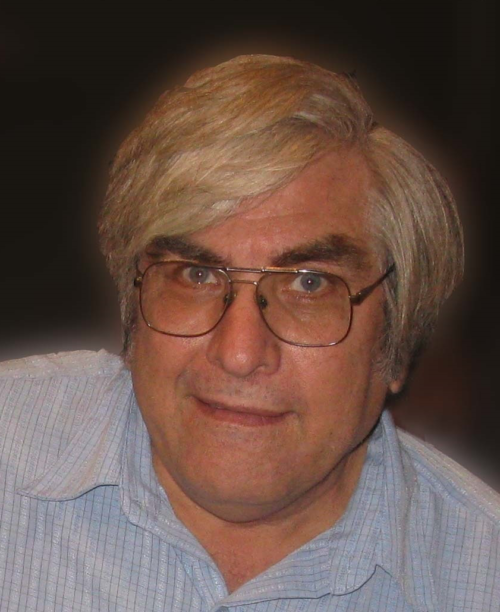Dove Press last week retracted 14 papers by Marty Hinz, a Minnesota doctor who caught the attention of the U.S. FDA years ago for hyping supplements sold by a company he once owned.
The 14 articles — on the use of supplements to treat conditions ranging from Crohn’s disease to Parkinson’s disease — were among 20 that the publisher slapped expressions of concern on earlier this year. The other six articles flagged in April remain under review, a spokesperson for Taylor & Francis, which owns Dove, tells Retraction Watch.
That move came two and a half years after Stephen Barrett — a U.S. physician and founder of Quackwatch — alerted Dove to his concerns about Hinz’s failure to disclose conflicts of interest on the papers. Barrett says Hinz has used those papers to support claims that supplements made by Hinz’s former company, now owned by his daughter but from which he has received royalties, are effective in treating various conditions.
In March, the Minnesota Board of Medical Practice reprimanded Hinz and fined him more than $7,000 following a number of allegations. Among others, he claimed on his website to have “reinvented the medical science foundation of Parkinson’s disease” and to “treat and do things for our Parkinson’s disease patients that most doctors of the world believe are impossible.”
Hinz, who “has a history of Board Orders due to a mental impairment, beginning in 1996 and ending in 2005,” regained an unconditional license to practice medicine in Minnesota last month after complying with the terms of the reprimand. He has not responded to our requests for comment.
On May 18, soon after the expressions of concern were issued, Barrett sent Taylor & Francis another letter. He wrote, in part:
During the past two months, I have acquired additional information (including three more undisclosed sources of income) which indicates that the situation is far worse than I originally realized. In fact, I now believe that what he has done may be the most egregious COI nondisclosure in journalistic history.
Barrett noted:
At various times, Dr. Hinz has claimed that as many as 200 diseases and conditions are caused by “neurotransmitter-related deficiencies” that can be remedied with the products he has developed. In 2011, a federal court ordered him to stop claiming that CHK Nutrition products were effective against diseases. Instead of stopping, however, he transferred ownership of the company to other family members but continued to promote the products through seminars and Web sites. He also generated the 20 papers that he points to as proof that his protocols are valid.
Barrett also noted in his May letter that 15 of the papers subjected to an expression of concern earlier this year “were published during a period that led the [Open Access…] to suspend Dove Press for ‘lack of sufficient rigour in its editorial processes.’” He tells Retraction Watch:
I believe that Dove has conducted a very thorough investigation. It would have been nice and might have taken less time if they had discussed with me what they were doing as they went along. It is clear, however, that they have taken my complaint very seriously—and I expect that their final action will be an appropriate response to my concerns.
Like Retraction Watch? You can make a tax-deductible contribution to support our work, follow us on Twitter, like us on Facebook, add us to your RSS reader, or subscribe to our daily digest. If you find a retraction that’s not in our database, you can let us know here. For comments or feedback, email us at [email protected].

Please review http://www.martyhinzmdretraction.com then integrate this information, which was final edited by our attorneys, into your website comments.